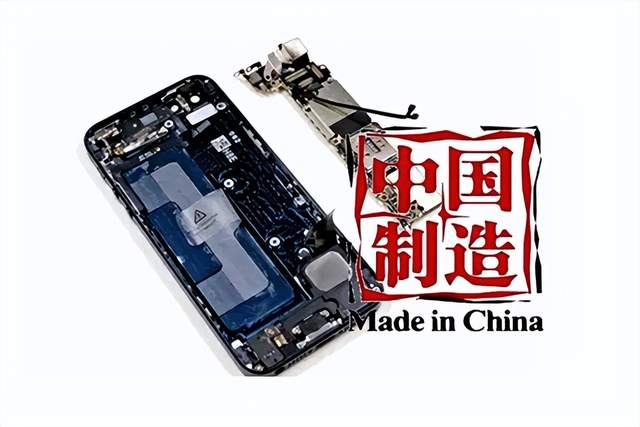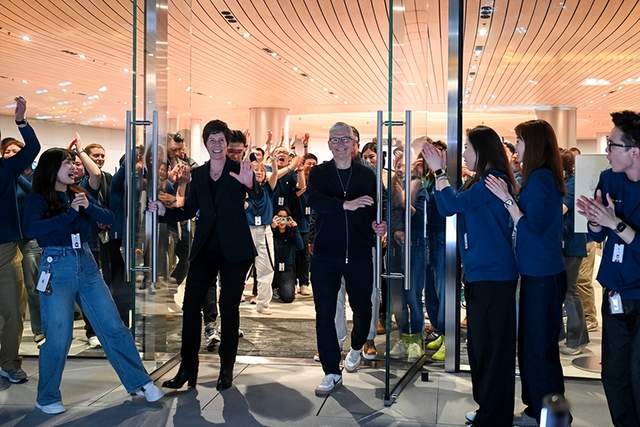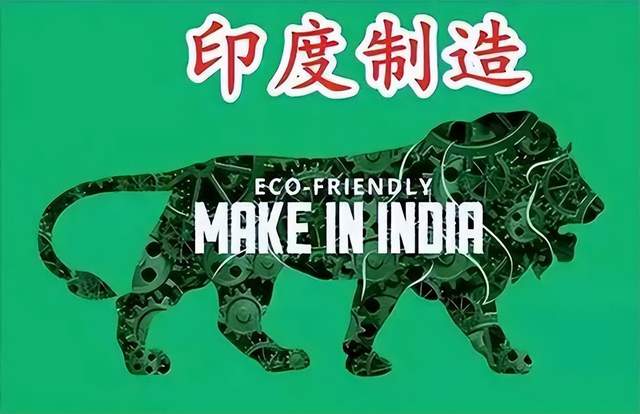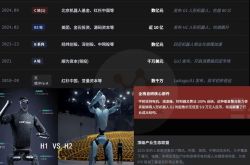India Scares Apple, Most iPhone 16 to be Made in China
![]() 07/22 2024
07/22 2024
![]() 619
619
Previously, Apple and Foxconn actively promoted manufacturing in India, hoping to leverage the country's lower labor costs. However, India's aggressive tactics have earned it a reputation as a graveyard for foreign investment, and Apple has been intimidated by the greediness of India. It is reported that most of this year's iPhone 16 production will be outsourced to Chinese manufacturing partners, with more Chinese companies joining the supply chain.

I. Issues with Indian Manufacturing
In 2019, Foxconn took the lead in setting up factories in India to produce iPhones, followed by Wistron in 2020, and then Pegatron. All three of Apple's major contract manufacturers have established facilities in India. After years of effort, the proportion of iPhones manufactured in India has continued to increase, with India producing over 10% of iPhone 15 units in 2023.
2023 marked the first time Apple manufactured iPhones simultaneously in both China and India. However, issues arose during the initial synchronization of iPhone 15 production. The yield rate of Indian-made iPhone 15 was only 50%, and E. coli levels exceeded standards. European consumers rejected the Indian version of the iPhone 15, and subsequently, Chinese consumers also expressed their disapproval.

This led to iPhone 15 sales in China falling far short of expectations. To appease Chinese consumers, Apple CEO Tim Cook made multiple visits to China and personally greeted customers at Apple retail stores. During his visit earlier this year, Cook met with companies like BYD and Luxshare Precision, expressing his commitment to strengthening cooperation with Chinese manufacturing.
Furthermore, Apple has increased price discounts. In March of this year, the iPhone 15 received a price cut of RMB 1,500, two months earlier and more significant than the RMB 1,200 discount for the iPhone 14 last year. This demonstrates the significant impact of Apple's push for Indian manufacturing.
What troubles Apple even more is the greed of Indian conglomerates. Wistron was the first victim, acquired by the Tata Group in 2022. Prior to this, Wistron resolutely sold its factories in China, resulting in Apple allocating only 1% of its orders to Wistron, effectively losing Wistron as a manufacturing partner. It is widely believed that Pegatron's acquisition by Tata is also imminent, given the strong influence of Indian conglomerates.

Almost all of Apple's retail stores in India are in partnership with Indian conglomerates. If Apple were to outsource iPhone production to factories acquired by Tata in the future, it would mean that Indian conglomerates would be deeply involved in both production and sales of iPhones, which Apple finds unacceptable.
II. India's "Pig Butchering" Scheme Frightens Apple
Over a decade ago, Vodafone acquired Li Ka-shing's telecom business in India and was hit with a massive tax bill. Later, India amended its laws to allow tax authorities to retroactively charge taxes for up to 50 years, resulting in huge tax bills for many foreign companies and causing an international uproar. Eventually, the matter was dropped under international pressure, but Vodafone's business in India suffered setbacks, and today, India's telecom industry is almost entirely dominated by local companies.

Times have changed, but in recent years, India has frequently targeted Chinese mobile phone companies, imposing hefty fines and even confiscating the deposits of one Chinese company while acquiring its shares at ultra-low prices. This once again reminds people of India's reputation as a graveyard for foreign investment.
India's actions have led to the dissolution of many foreign companies. Since 2022, over 1,700 foreign companies have been deregistered in India, accounting for one-third of all registered foreign companies. The exodus of foreign companies has frightened companies like Apple.
It is no wonder that the upcoming iPhone 16 will primarily be manufactured by Chinese partners, with BYD making its debut as an iPhone contract manufacturer. Foxconn is also intensifying its recruitment efforts, offering over RMB 7,500 in incentives to attract more workers to its production lines for the iPhone 16.
Furthermore, India's incomplete mobile phone supply chain necessitates importing many components from China. Apple has attempted to encourage Chinese supply chain companies to set up factories in India, but the experiences of Chinese mobile phone companies there have made these supply chain companies hesitant. Long-distance transportation has increased the cost of iPhone production in India, and the saved labor costs have failed to effectively offset these transportation costs.

In comparison, the proportion of iPhones sold in India accounts for only about 5% of total iPhone sales, while the Chinese market accounts for nearly a quarter. Given this situation, Apple can clearly distinguish between the importance of the Indian and Chinese markets.
Under the influence of various factors, Apple has allocated some orders for this year to Luxshare Precision and BYD in mainland China, while also increasing the number of Chinese suppliers, fulfilling Cook's commitment to strengthening cooperation with Chinese manufacturing.








